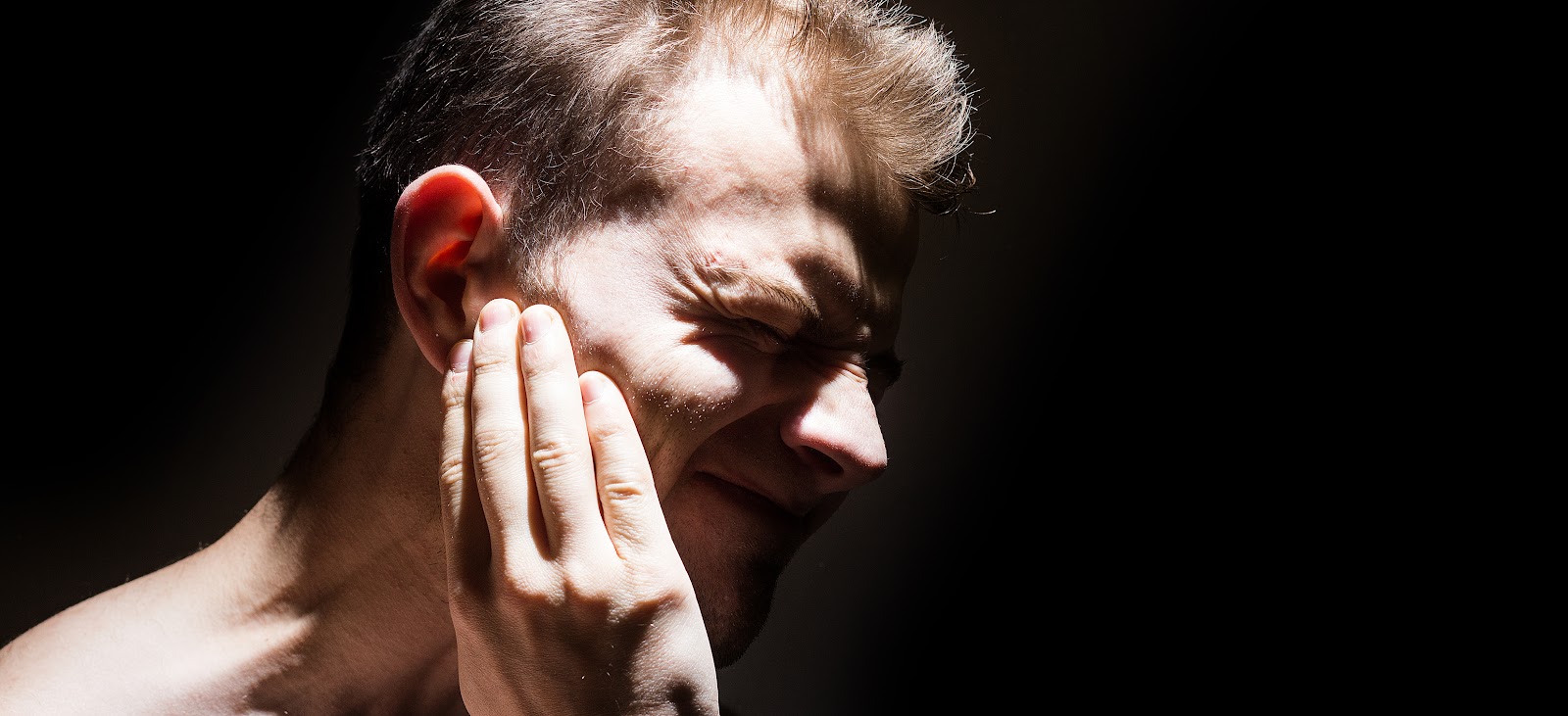
She’s never going back to dating guys her age ever again…
Unsubscribe | Report as spam | Change email preferences
—-Important Message From Amber—-
A woman asks: “are older men always this good in bed?”

With young guys I usually just sort of check out during penetration and wait for him to finish…
And I know that sounds bad, but with younger men intercourse has never felt that great for me.
A man usually has to go down on me or finger me to make me come…
I’ll need him to trace little circles on my love nub or suck on it like a piece of candy…
Sometimes I need his whole hand rubbing me into a frenzy…
Whatever it is, I always need some form of direct clitoral stimulation to be able to orgasm…
But then I discovered what sex is like with older men…
———-
How to use vitamin A to reverse hearing loss
The ears are very sensitive to environmental stresses like nutrition.
The first signs of aging often occur in sensitive organs like the ears or the eyes.
Aging causes blindness and deafness in some people – but others of the same age have their full senses intact.
The loss of these senses depends on environmental factors more than time itself.
Researchers used to be more curious about the effects of nutrients on health problems like these.
And way back in the 1950s…
Researchers were excited about experiments that show nutrients like vitamin A could help improve hearing problems in some people.

The review of animal and human research was published in the Archives of Otolaryngology.
The paper was written by Dr M J Lobel who had himself carried out a number of experiments on people with hearing loss.
The research paper discusses his work and the work of others.
“In a preliminary report, a short time ago, I presented my experience with a new injectable vitamin A preparation in certain types of impaired hearing.”
At the time, people were just beginning to experiment with purified vitamin A.
Some people were getting exciting results using the substance in people with hearing problems.
“Others have conducted and concluded “that parenteral vitamin A therapy in massive doses is a valuable therapeutic agent in patients with deafness not amenable to the usual otolaryngologic methods of treatment.”
At the time, researchers were interested in the metabolism of bones inside the inner ear.
They focused on a problem called otosclerosis – which causes hearing loss in young people.
Early on, researchers found that cod liver oil seemed to help some people with this type of hearing loss.
Cod liver oil contains lots of harmful fats, but it is also very high in vitamin A.
“After this study, cod liver oil was administered to persons with otosclerosis, with inconsistent results.”
Animal experiments had also shown a link…
Animals deficient in vitamin A were far more likely to become deaf.
“In 1932 Cody reported on extensive experimental studies dealing with the effects of avitaminosis on the ear, and impaired hearing was repeatedly demonstrated in rats deficient in vitamin A.”
The effect was seen in rodents and dogs.
Researchers noted that vitamin A deficiency causes changes to the structures inside the hearing centers of the ear.
“About this time Mellanby had noted there was considerable degeneration of the vestibular division of the eighth nerve in vitamin A deficient dogs.”
Dr Lobel carried out a number of experiments with different people and he discovered that vitamin A was very helpful for some of them…
But not all of them.
Other research showed that the majority of people given high dose vitamin A had markedly improved hearing.
“85% showed an average hearing gain of 9% and 13% an average hearing loss of 9%; in about 1 % of the patients the condition remained static.”
Tinnitus is commonly experienced by people with hearing loss…
And these early researchers discovered that vitamin A was even more effective at improving tinnitus than it was at improving hearing.
“Injectable vitamin A holds out promise of its therapeutic value in certain types of deafness. Despite the fact that in some instances the hearing loss was not influenced, the accompanying tinnitus was greatly relieved.”
Lobel wrote a paper in the hopes that it would trigger more rigorous research into the topic. But I think the ball has been dropped.
“From the results thus far obtained by me and by other workers in the treatment of hearing loss, further trials with vitamin A, alone or combined with other vitamins, seem definitely warranted.”
Real vitamin A only comes from animal foods – the beta carotenes contained in plant foods actually have an anti-vitamin A effect.
Many people do not get enough real vitamin A in their diet.
—-Important Message About Hearing Loss—-
If you’re a man who has ringing ears — this can help

It’s called tinnitus in the medical world…
…a constant ringing noise in your ears that nobody else can hear.
Believe it or not, I’ve found a way of fixing tinnitus that also raises T in many men.
Check it out here — this is something you won’t hear about from any doctor
This has really helped my wife Jodi with her tinnitus and it may help you too
———-

